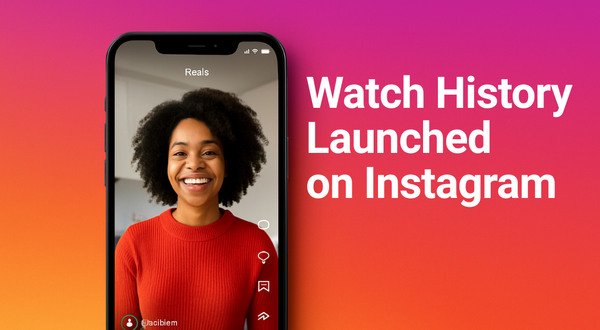The Michelin Effect: Why Prestige Doesn’t Always Mean Positive Perception

For years, the Michelin Guide has been considered one of the most prestigious endorsements a restaurant can receive. Traditionally, a Michelin star was believed to drive credibility, higher pricing power, and consumer interest. But new research challenges this assumption, showing that the Michelin effect is more complex — and sometimes even negative.
What the research says
A recent study published in the Journal of International Consumer Marketing examined how domestic diners in Singapore perceived Michelin-endorsed restaurants compared to those without the recognition. Findings included:
- Perceived value drops: Michelin recognition “significantly lowered” the perceived monetary value of meals, as diners assumed higher prices might not match the quality.
- Past experience matters: Returning customers often rated food quality lower after a Michelin endorsement, likely due to heightened expectations.
- Skepticism is real: Michelin skeptics expressed negative reactions, affecting attitudes, dining intentions, and willingness to pay.
- Trust is key: Diners who had personal trust in a restaurant — through past experiences — rated it favorably regardless of Michelin status.
- Ethnocentrism plays a role: Consumers with strong national pride evaluated Michelin-recognized local restaurants more positively, seeing them as cultural assets.
What this means for marketers
The study highlights an important shift: brand endorsements are not a one-size-fits-all solution. For marketers, a few lessons stand out:
- Manage expectations carefully: Prestige signals create higher expectations. If experience doesn’t deliver, consumer disappointment can be sharper.
- Prioritize trust over trophies: Long-term customer trust may outweigh third-party endorsements in shaping brand perception.
- Segment your audience: Ethnocentric consumers and Michelin skeptics respond differently. Tailoring communication by audience segment is critical.
- Authenticity matters: Consumers want to feel that recognition reflects genuine quality, not just inflated pricing.
Beyond Michelin: The broader brand lesson
The findings extend far beyond fine dining. Whether it’s luxury fashion, wellness, or tech, the halo of a prestigious endorsement can backfire if the actual experience doesn’t live up to the promise.
In an era of rising consumer skepticism, marketers must balance prestige branding with authenticity and proof of value. The message is clear: credibility is earned as much through consistent delivery as through external recognition.
Final Thought
Prestige brands and accolades still carry weight, but they’re no longer bulletproof. Consumers are increasingly guided by personal trust, authenticity, and cultural resonance. For marketers, the task isn’t just to win awards — it’s to ensure that every brand promise holds up in real life.





